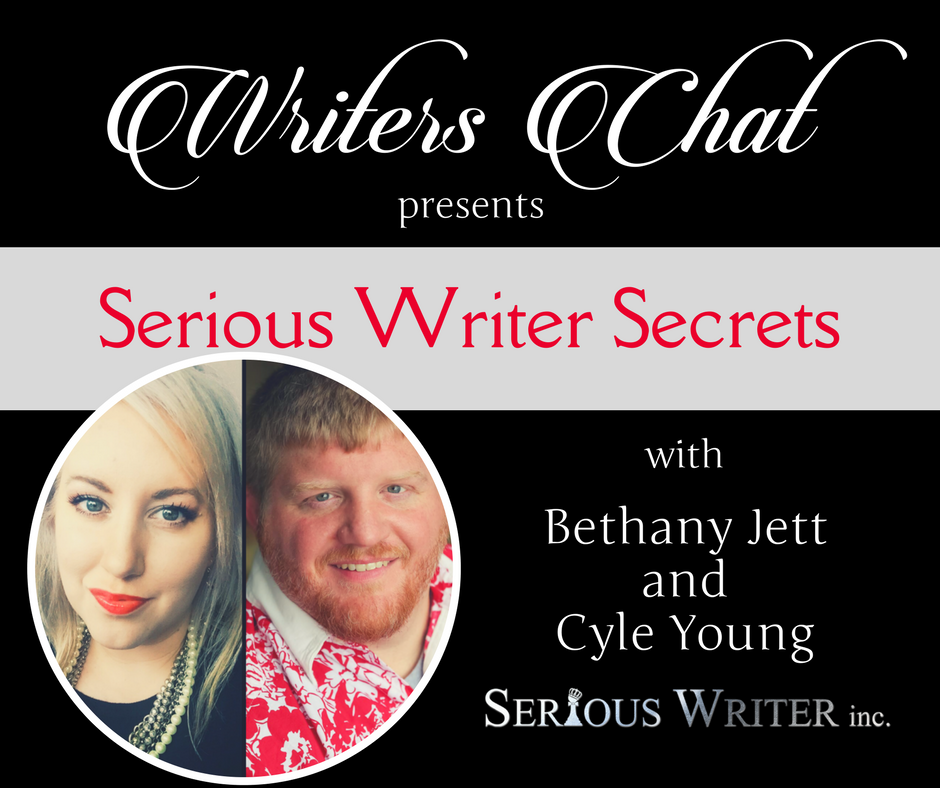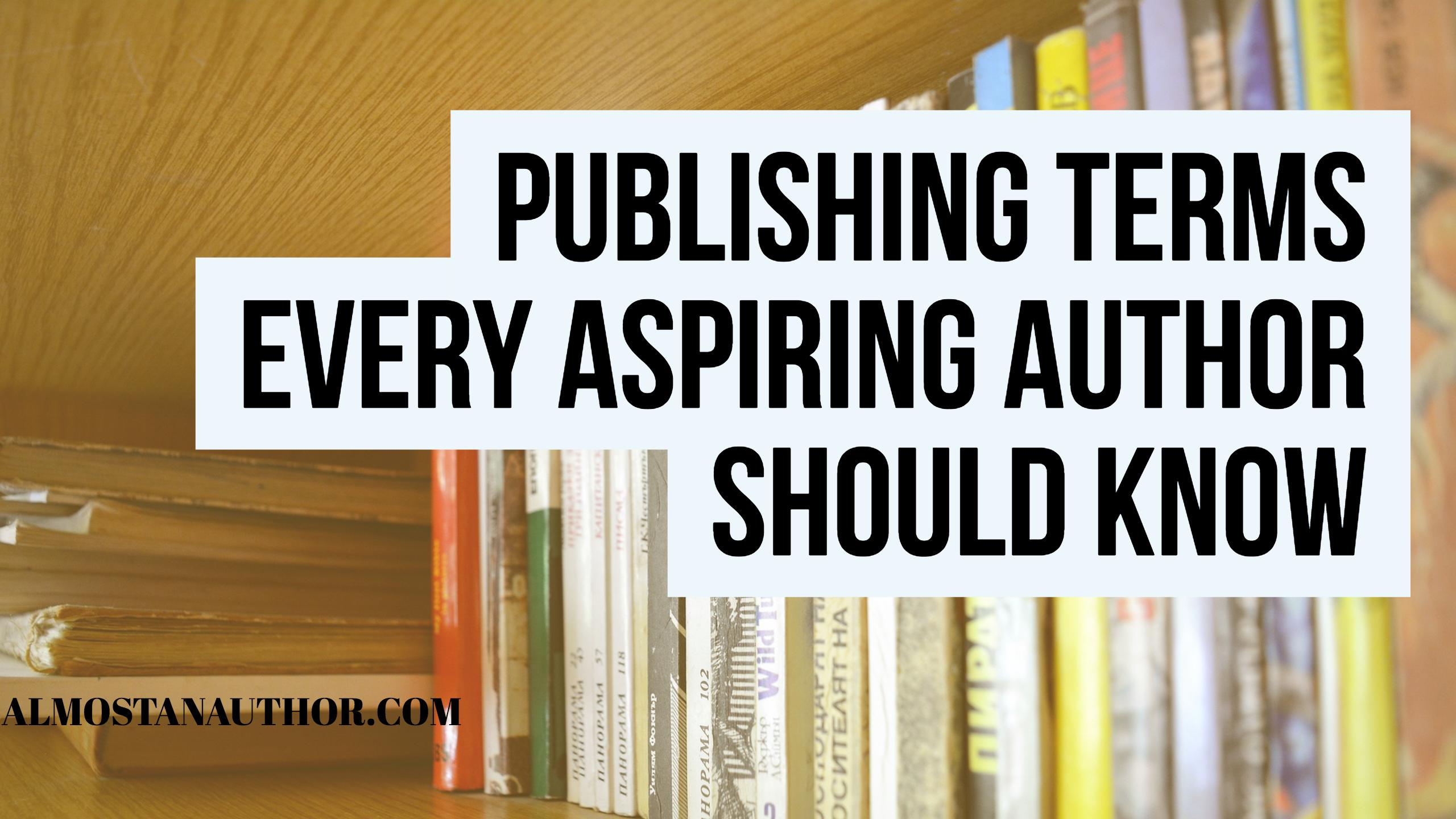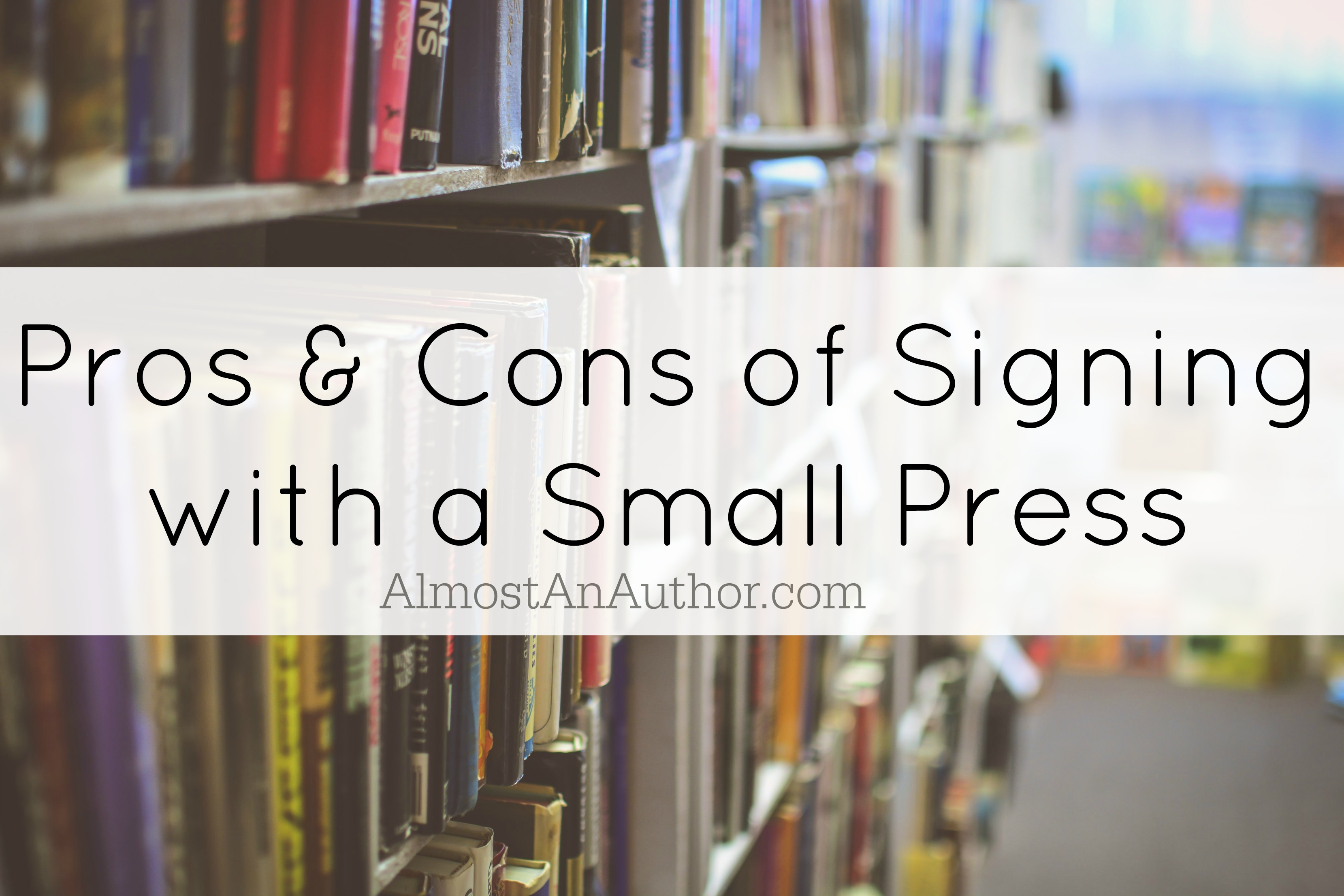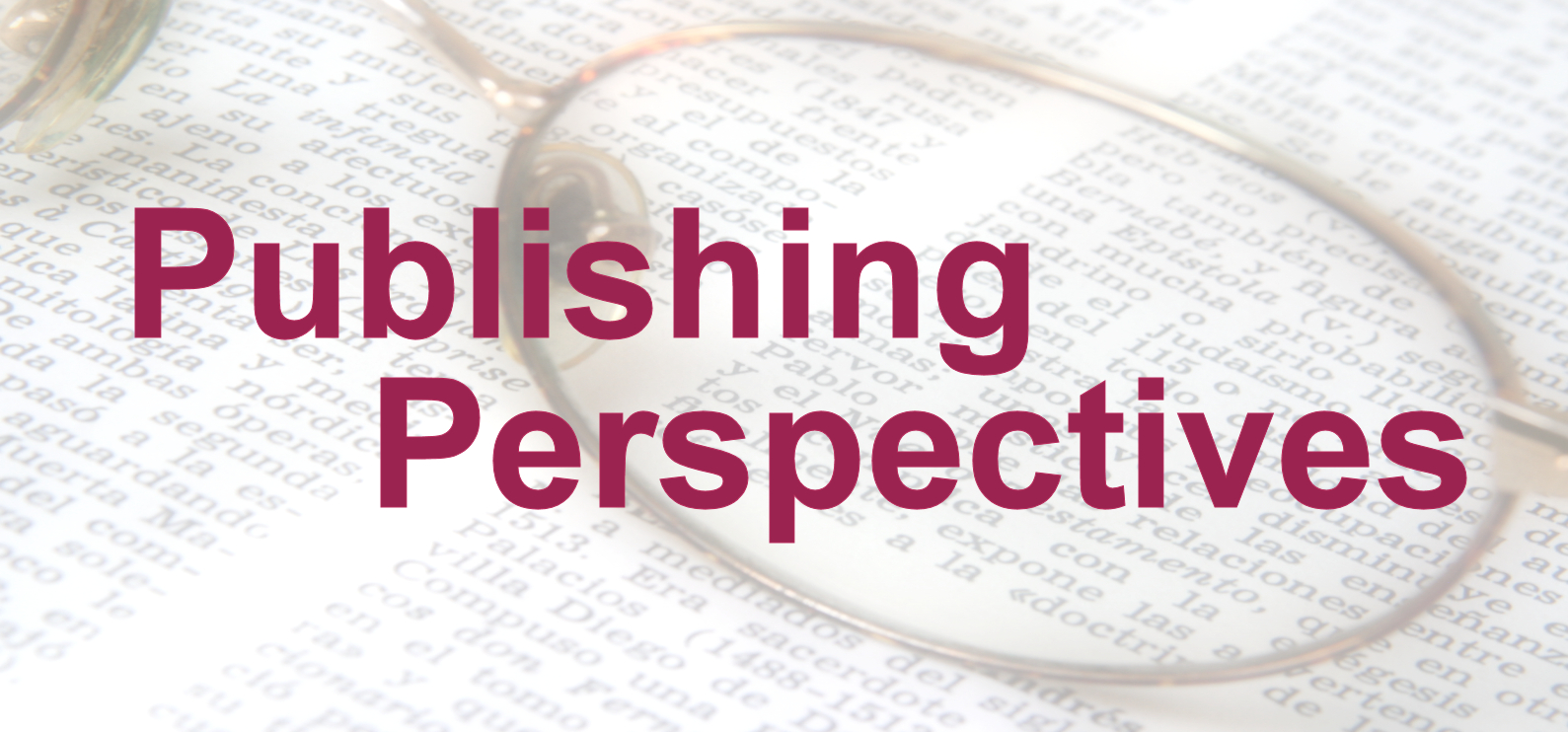
Come to the Table-of Contents
Congratulations, the agent, and publisher liked what they read in your Cover Letter, and opened the door to the…
March 25, 2018
Congratulations, the agent, and publisher liked what they read in your Cover Letter, and opened the door to the…
March 25, 2018
Marketing isn’t exactly an author’s favorite job. After all, aren’t writers supposed to keep producing books and rely on…
March 9, 2018
In this conversation, literary agent and award-winning author Cyle Young shares the difference between a writer and an author,…
September 13, 2017
I’ve been asked multiple times by others hoping to get published what tips I had for getting published. Here…
June 20, 2017
I frequently get asked the question of how I got published. Okay. I’ll tell. God placed the notion on…
April 20, 2017
If you’re planning to attend a writing conference any time soon, it may be wise to freshen up…
April 8, 2017
I was sixteen when I attended my first writing conference. My goal wasn’t to find a publisher; in fact,…
September 9, 2016
The first part of this series examined the Query Letter. The second part looked at the synopsis. In this…
January 23, 2016
The world of book publishing has been changing rapidly for a few years, and lots of vocabulary is changing…
September 23, 2015
Writing a book can be hard work. Then you polish it: more hard work. Then there’s the hard work…
August 29, 2015
The number of smaller publishers will continue to grow as technology enables more people to complete the tasks involved…
July 20, 2015